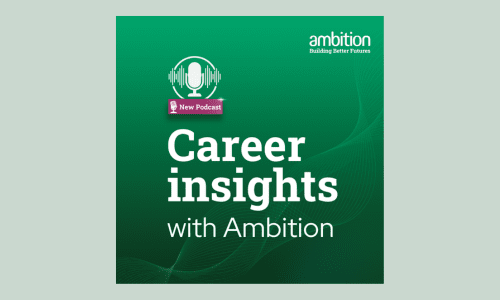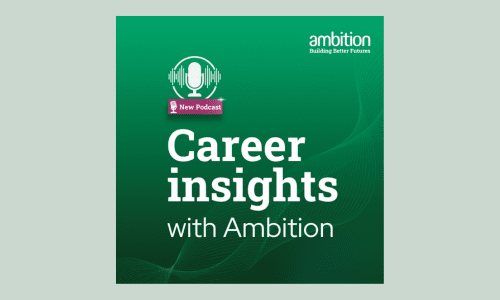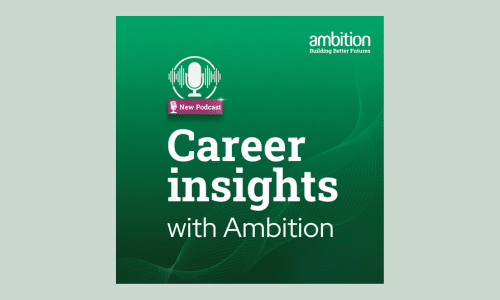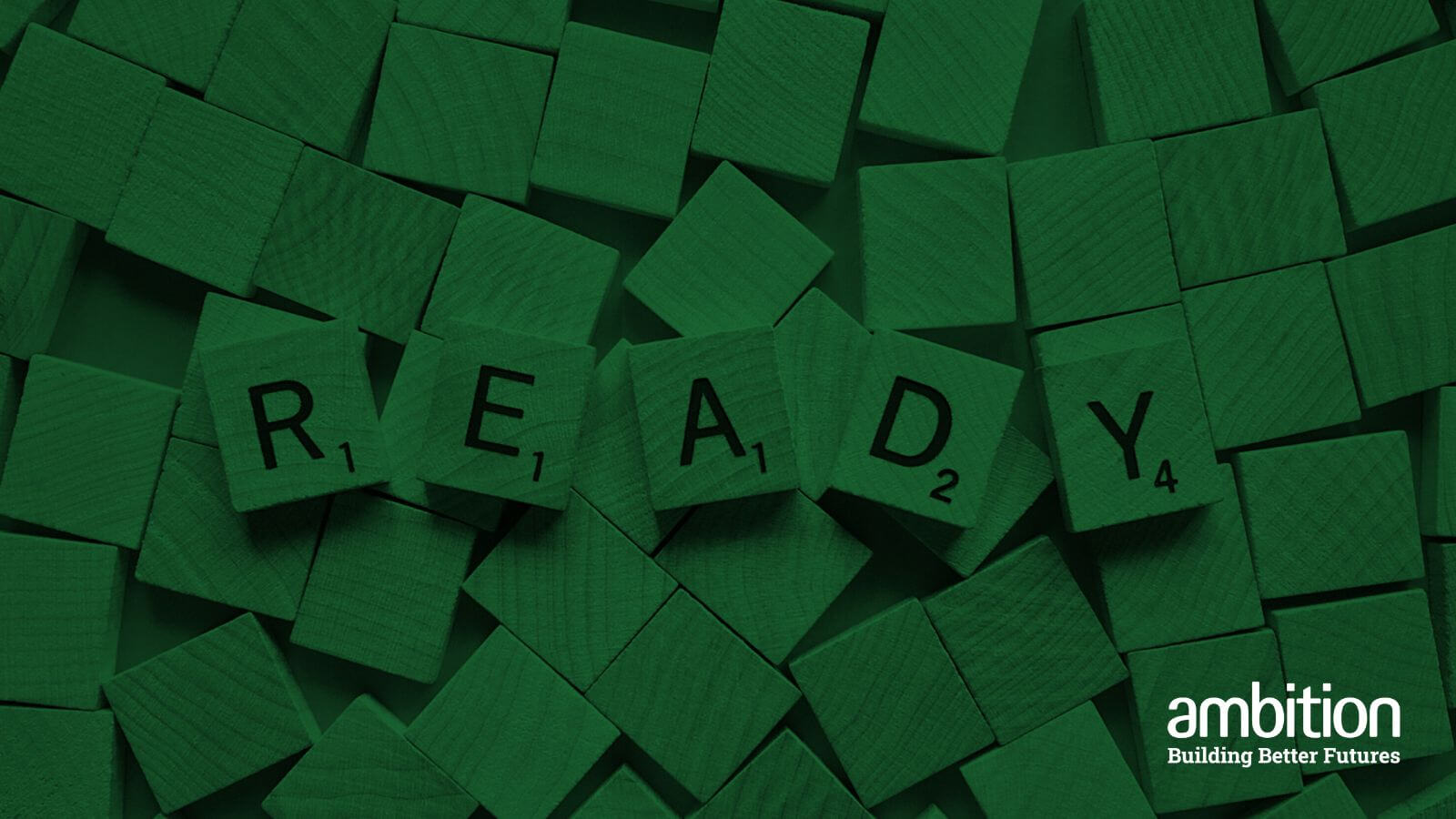Career insights with Ambition podcast
The podcast that dives deep into the defining moments of influential business leaders across technology, accounting and finance.

The podcast that dives deep into the defining moments of influential business leaders across technology, accounting and finance.

The podcast that dives deep into the defining moments of influential business leaders across technology, accounting and finance.

The podcast that dives deep into the defining moments of influential business leaders across technology, accounting and finance.



There are two key secrets to interview success – preparation and performance. Take several hours prior to the interview to prepare yourself.
Between half and two-thirds of the interview will be about you, particularly your knowledge, skills, experiences and career goals. It is therefore essential that you know everything there is to know about yourself and be able to answer any question confidently and concisely. You are likely to be probed about your past, so you need to be able to describe and portray yourself in a positive and balanced manner.
Review your career to date and understand your key skills and strengths, accomplishments and shortcomings, your reasons for making a move both now and previously, as well as your short and medium term career goals.
Research the job. It is important to spend time analysing the job advertisement or detailed job specification for two reasons - firstly, is it a role that interests you (and if so, why) and can it help to advance your career? Secondly, how and where do your skills and experience match to the role and can you add value to the company in this position.
Research the organisation – its products or services, its culture and vision. It is important to research them for several reasons – you want to know for yourself whether it’s an organisation you want to work for, in a sector you want to work in, and you may also be asked a question or wish to ask a question about them.
There are a few finishing touches required to complete your interview preparation:
For the purposes of the interview, dress in a professional and businesslike manner and wear what you would expect to wear to meet an important client. Clean shoes and clothes are important. Ladies avoid bright nail varnish, loud jewellery and short skirts.
Men should avoid stubble and wearing any jewellery other than a watch and wedding ring.
Ensure that you know who you are meeting, where and at what time. Know the directions and the time it will take you to get there. Don’t be late.
Finally turn your mobile phone off prior to the interview, because you risk alienating the interviewer and disrupting the flow of conversation if it rings. However, if you do forget and the phone does ring, calmly apologise and turn it off immediately without glancing at the caller ID.
Interviews are usually one on one and although the approach may differ, the structure is usually the same.
There is an opening period of a few minutes where the scene is being set and first impressions are being formed;
A middle period in which the conversation will encompass the organisation, the job itself and you and your potential fit. This is where you will be asked many questions and is your opportunity to sell your experience;
A closing period, again lasting a few minutes, will be an opportunity for the interviewer to summarise and to indicate the process from here. You will also be able to ask questions here if you have not had a prior opportunity to do so. In recent years, interviews have become more sophisticated as organisations have been striving to increase the link between interview success and workplace performance.
In the first five minutes, your interviewer will form an impression about you that is rarely overturned, so it’s essential that you make a positive impact in the way you dress and the way you communicate. A smile, a positive greeting, good eye contact and a firm handshake really do matter.
In the interview, you need to build rapport quickly with your interviewer and you can do so by;
Projecting energy, interest and sincerity.
Quickly analysing the interviewer’s style and adjusting your approach accordingly.
Paying attention to your body language, particularly maintaining eye contact, which generates trust, confidence and credibility. Also, let your facial expressions reflect the flow and tone of the discussion, smiling where appropriate.
Listening carefully to comments and questions and answering thoroughly and, where possible, concisely.
Whilst first impressions are important as both the interviewer and yourself form an instant judgment about each other, final impressions are also crucial. Final impressions can sway a neutral view to a positive one by a strong finish. When the interviewer has signalled the end of the interview you should thank the interviewer for their time, reaffirm your interest in the position and in working with them. You should use this approach even if your initial reaction to the job is negative – it’s always easier to change your mind from yes to no than from no to yes.
Follow up after the interview with your Ambition consultant and keep in touch.